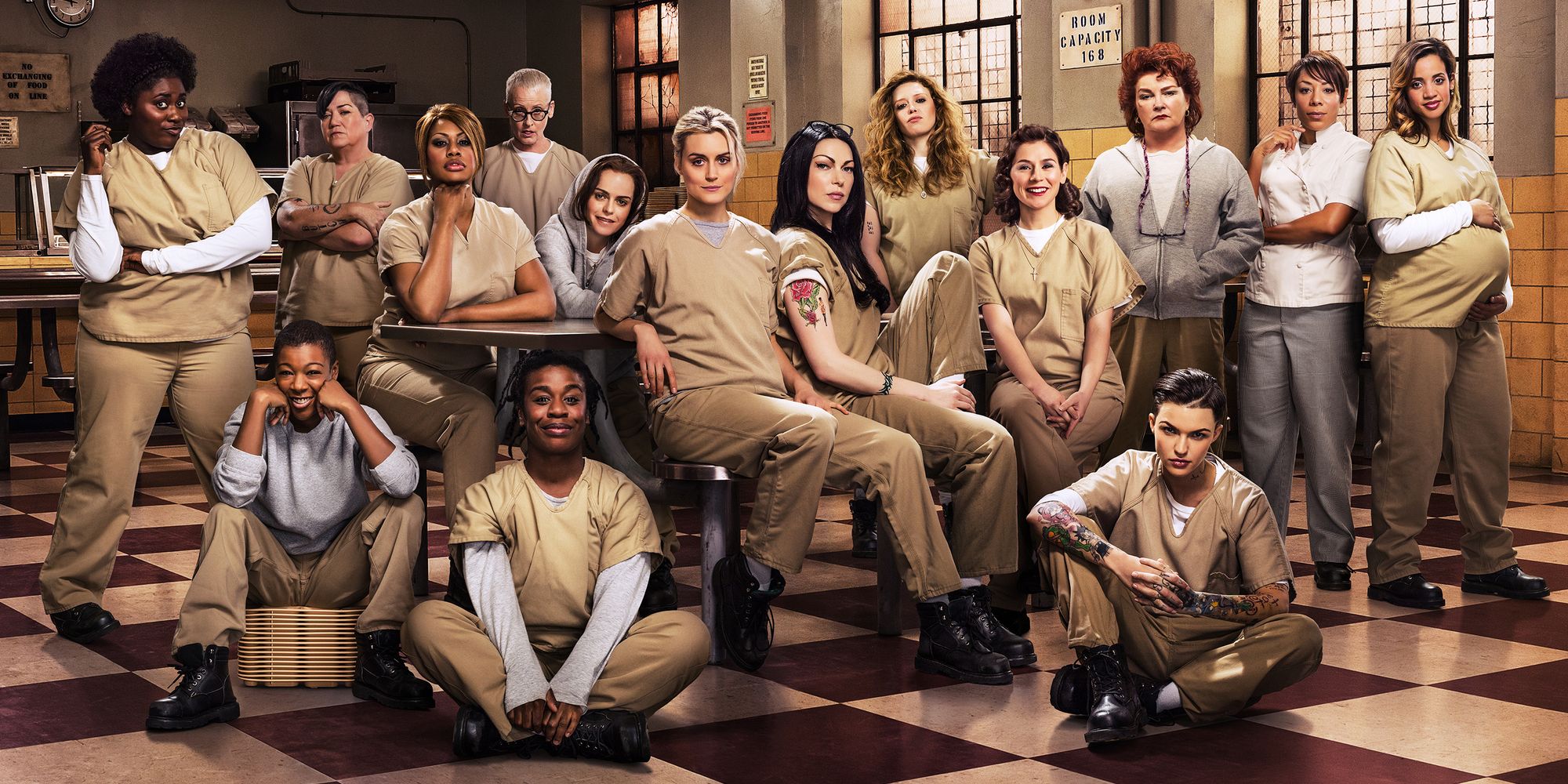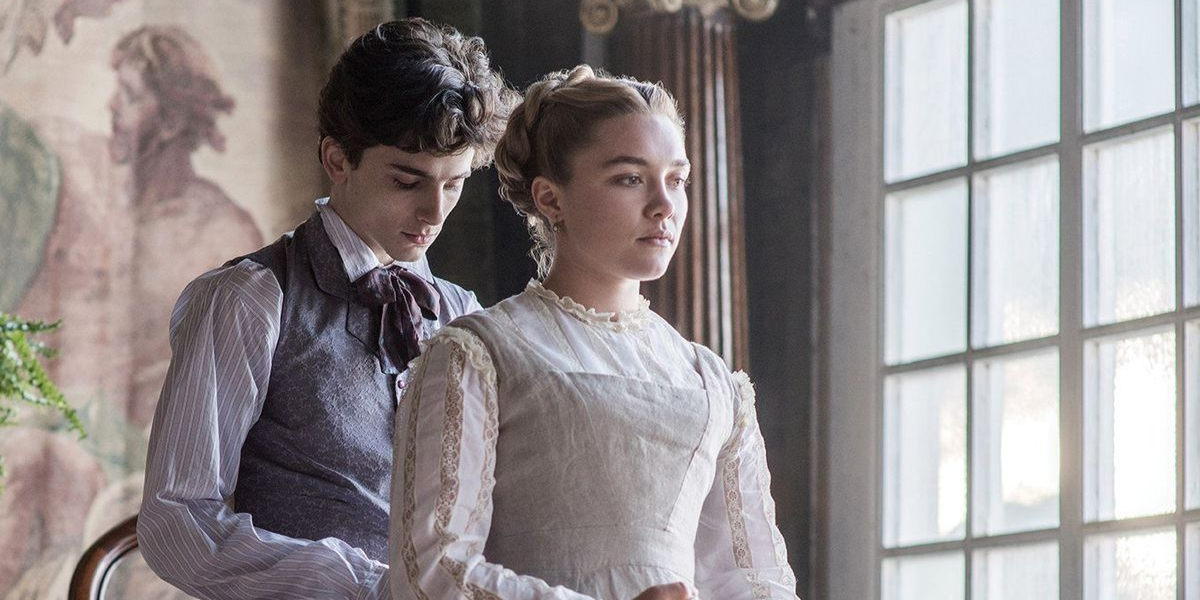More people are staying in and streaming content, especially TV series, than going to the movies these days. And while movies are slow to catch up, TV has become increasingly diverse and is leading the charge on representation. Movies still get a bulk of the attention, but if viewers aren't actually watching films as much as they are series, diversity on the big screen may be less crucial than diversity on the small screen. While representation in any regard is important, it matters most that it's tackled in the medium people watch the most.
The Netflix era of original content was kicked off on February 1st, 2013 when the hugely popular Kevin Spacey political drama House of Cards debuted its first season. But another Netflix original series that premiered in 2013 that attracted even stronger reviews and a higher viewership was Orange Is The New Black. Featuring a highly diverse female-led ensemble, OITNB earned rave reviews for its depiction of race, sexuality and gender. Netflix repeatedly confirmed that Orange Is The New Black was the most-watched original series on its service. Now with the show about to conclude, the importance of it cannot be understated, as it taught Hollywood that diversity and LGBT stories can translate well to a mass audience.
The success of Orange Is The New Black certainly led the way to FX's Pose. Created by television magnate Ryan Murphy, Pose follows New York City's African-American, Latino, LGBTQ and gender-nonconforming ballroom culture scene in the 1980s. Featuring a highly-diverse ensemble cast, the show earned rave reviews from critics and scored big at awards ceremonies. At the latest Emmys ceremony, Pose was nominated for Best Television Series - Drama and Billy Porter made history by becoming the first openly gay African-American man to be nominated for and win in the Emmy lead acting category. Pose is an FX network show and not an original streaming series. But research has indicated for years that streaming content, and TV in general, is far more diverse than movies.
Back in 2016, the University of Southern California conducted a study of 414 movies and television shows, which revealed that streaming shows fare far better than Hollywood films in terms of diversity. The study revealed in 2016 that women account for 38 percent of speaking roles in streaming content compared to 28 percent in film. Researchers also discovered that black and other minority characters account for 29.4 percent of speaking roles in streaming, whereas on film, it’s 26.7 percent. A GLAAD report on queer representation counted 43 regularly appearing queer characters in streaming shows, compared to just 35 on television networks.
While streaming content fares better than Hollywood pictures and network shows, the platforms mostly fail the DuVernay test, named for Selma director Ava DuVernay. Shows and movies that pass the DuVernay test are those with black and other minority characters with “fully realized lives” rather than those that merely “serve as scenery in white stories.” Out of 61 streaming shows evaluated in 2016, 36 percent passed the DuVernay test. Out of 58 network shows evaluated, 33 percent passed. Of course, streaming services have become increasingly focused on showcasing diverse stories. At the last Golden Globes, Hulu's Ramy -- a show that has received unanimous praise for its depiction of Muslim-Americans -- pulled off a surprise win when Ramy Youssef won Best Actor in a Comedy.
The latest Oscars ceremony was engulfed in controversy, as the nominees for Best Director were all men for the second year in a row. Nineteen of the twenty actors nominated in the acting categories were white, with the noticeable exception of Cynthia Ervo. Despite landing a screenplay nomination, Little Women director Greta Gerwig was snubbed by the Oscars in the Best Directing category. Yet a glimmer of hope emerged from the ceremony when Bong Joon Ho's masterful Parasite won four Oscars: Best Picture, Best Director, Best Screenplay and Best Foreign Feature Film. Parasite's historic win was well deserved, as the film is easily the most critically acclaimed film of 2019. Not only does Parasite convey a strong anti-capitalist message, but it also features the type of ensemble cast that is rarely seen in Oscar-winning movies.
A new study conducted by UCLA in 2019 indicates that women and people of color working in the movies and television industry are not nearly proportionately reflecting the U.S. population, despite recent gains. The study indicates that "America's increasingly diverse audiences prefer diverse film and television content," which indicates that Hollywood should focus far more on diversity. Movies are slowing catching up to television in terms of diversity, and if movies want to be competitive with streaming shows they should be moving a lot faster.



